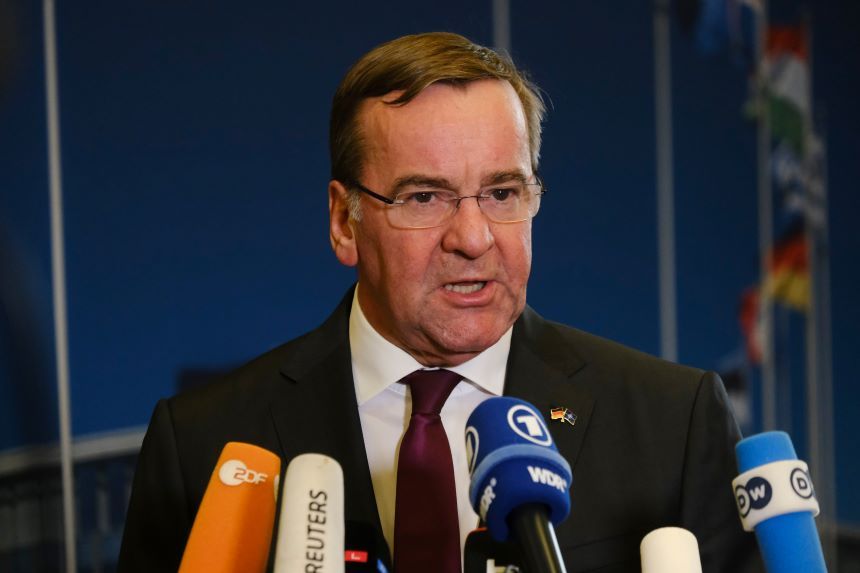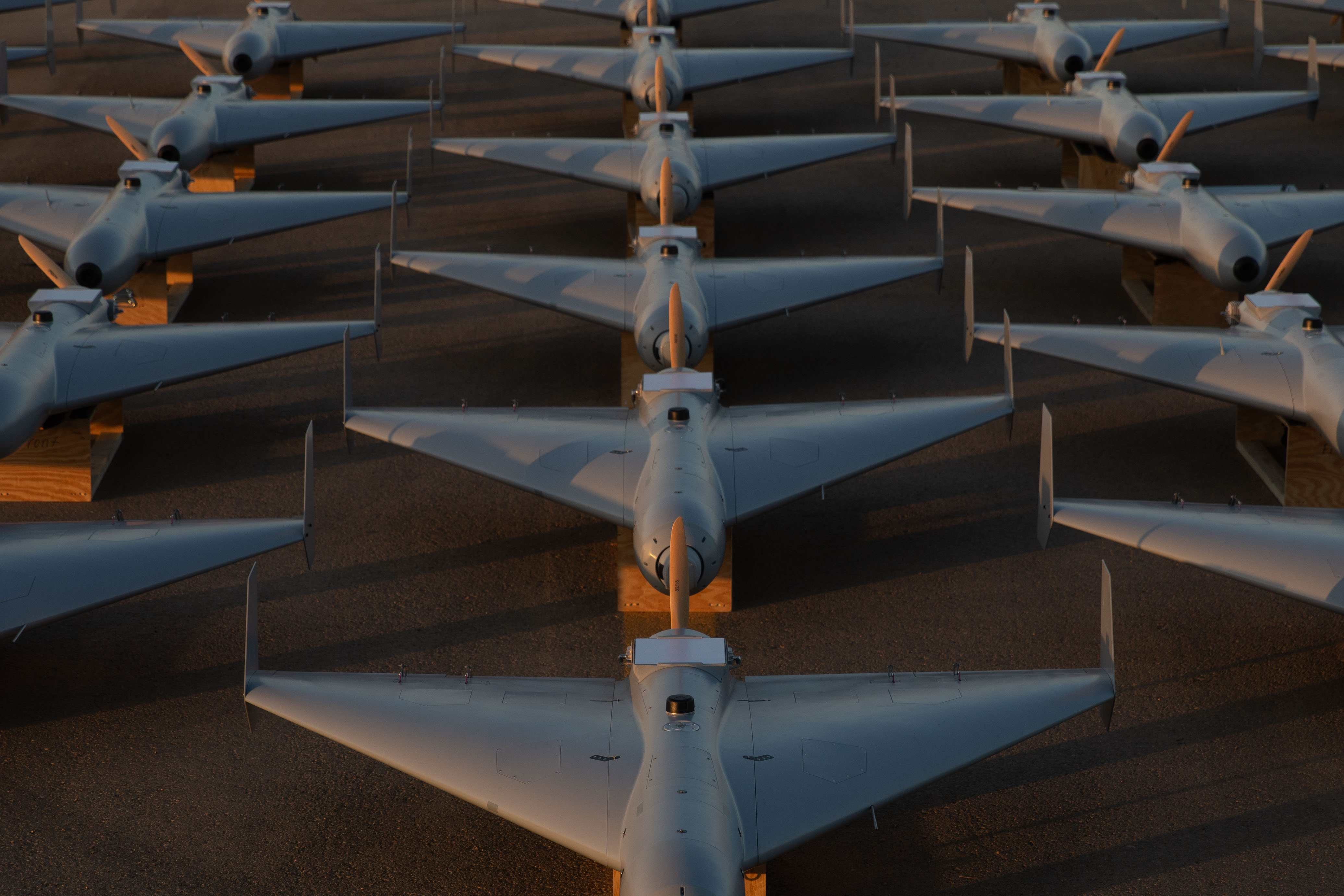
The Bundeswehr seeks earlier engagement with smaller companies, as new satellite constellations and ground facilities are acquired.
Germany will invest EUR35 billion in bolstering its space capabilities by 2030 to combat rising threats from China and Russia and to protect critical infrastructure.
The country’s Federal Minister of Defence, Boris Pistorius, announced the investment during a speech at the Space Congress of the Federation of German Industries on 25 September.
This spending will prioritise “a resilient structure consisting of satellite constellations, ground stations, secure launch capabilities, and services”.
It comes as the Bundeswehr recognises Germany’s rising dependence on space with Pistorius highlighting Chinese and Russian capabilities as a significant threat.
In particular, he spoke about potential adversaries' ability to impact communications, travel infrastructure, and banking from space. “Anyone who attacks them [satellites] can paralyse entire states”, he warned.
Seeking to mitigate these threats, Pistorius spoke of the ways in which Germany will bolster the security of its space capabilities, first highlighting efforts to harden systems against attacks and outages.
The Bundeswehr Space Command was unable to elaborate further to DSEI Gateway on how they plan to harden their systems.
However, the organisation’s statement highlighted the ability of adversaries to “jam, blind, manipulate, or kinetically destroy satellites”, suggesting a need for physical, cyber, and electromagnetic warfare resilience.
Additionally, Pistorius aims to involve small firms at an earlier stage in space initiatives, highlighting the importance of their innovations as part of wider programmes, combining “speed and pragmatism with innovation”.
He also announced that Germany will acquire “new satellite constellations – for early warning, reconnaissance, and communications” as well as establish a dedicated satellite operations centre.
Measures to improve Germany’s situational awareness is also a priority, through radar systems, telescopes, and “the future use of Sentinel satellites” – a European Space Agency mission comprising six satellites – under the Copernicus programme.
Copernicus provides Europe with high-resolution Earth observation data, initially for civilian purposes only. Although the ESA is exploring extending this to support defence.
Importantly, Germany will continue to work with European partners to develop space-transport capabilities, including “European heavy-lift carriers”, like the Ariane 6 rocket programme, he added.
Besides these measures, Pistorius said that Germany is intensifying its cooperation with both European and non-European allies, supporting global space security architectures, including with NATO.
“We can’t do it alone”, he added, stating that these measures are “about catching up on everything that has been neglected for too long”.
Tags
- 2030
- acquired
- bundeswehr
- capabilities
- companies
- constellations
- defence
- earlier
- engagement
- eur35bn
- european
- facilities
- germany
- ground
- highlighting
- invest
- measures
- new
- pistorius
- satellite
- satellites
- security
- seeks
- smaller
- space
- systems
Providing impartial insights and news on defence, focusing on actionable opportunities.
-
Most of those competing are US-based small businesses.
-
The RFI suggests there is a growing need in NATO to manage the sheer volumes of OSINT data being collected.
-
It comes as UK Space Command seeks to become “a more intelligent customer”.



)
)
